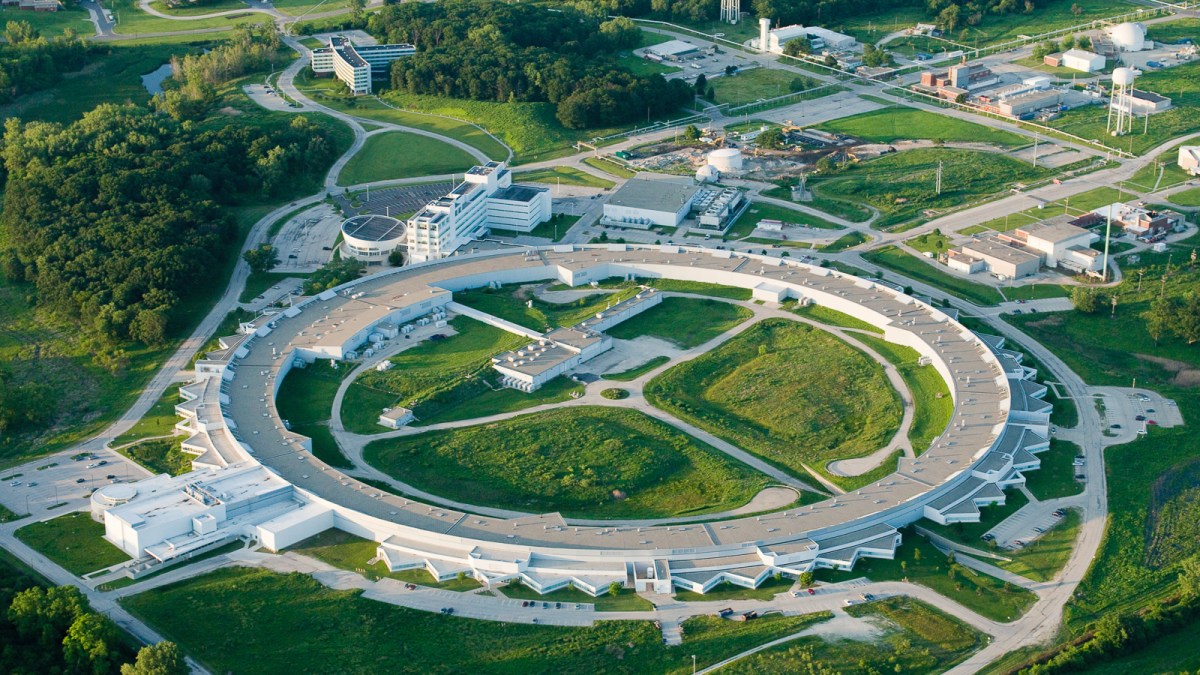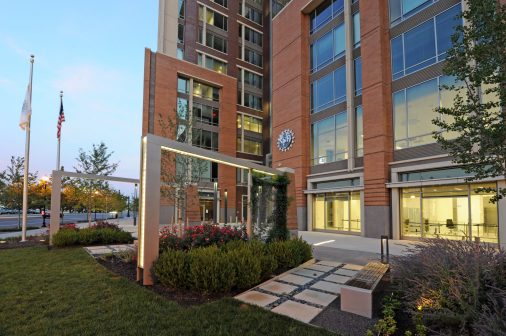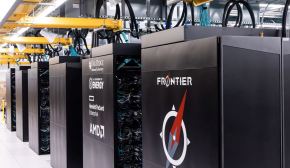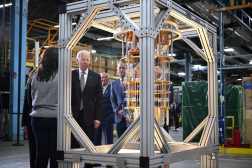DOE’s $61M answer to industry’s call for practical quantum projects

The Department of Energy has awarded $61 million in funding to quantum information science (QIS) projects developing quantum devices, or paving the way for a quantum internet.
DOE awarded $30 million to projects strengthening U.S. competitiveness in QIS, $25 million to projects creating quantum internet testbeds and $6 million to projects developing quantum internet building blocks through a competitive, peer review process.
The grants come a month after private sector experts urged agencies, including DOE, to invest more of their budgets in practical quantum projects that advance the industry and a little more than a year after the department released its nationwide quantum internet blueprint.
“Harnessing the quantum world will create new forms of computers and accelerate our ability to process information and tackle complex problems like climate change,” said Secretary of Energy Jennifer Granholm in the announcement. “DOE and our labs across the country are leading the way on this critical research that will strengthen our global competitiveness and help corner the markets of these growing industries that will deliver the solutions of the future.”
Within the funding round, DOE made $30 million in awards to eight projects across its five Nanoscale Science Research Centers, which are administered by the National Laboratories. The projects aim to make breakthroughs in QIS, chemistry, materials and clean energy.
Industry experts criticized DOE for investing in esoteric, moonshot-type quantum projects — whereas foreign adversary China has seen success mobilizing its industrial and academic bases to work on more practical projects — at a Center for Data Innovation event in July.
The experts pointed to quantum infrastructure and enabling technologies like lasers and cryogenic cooling as starting points, and DOE’s latest awards include $2.8 million for projects to develop devices that send and receive quantum network traffic and another $3.2 million across research and infrastructure projects that will hopefully accelerate discoveries enabling nationwide quantum internet.
DOE’s 17 National Labs will form the foundation of a system for secure communication using quantum mechanics, the prototype for which is expected within the next decade. A three-node, 80-mile testbed connecting the Argonne National and Fermi National Accelerator labs with the University of Chicago in 2020 was just the beginning.
DOE awarded $25 million to two other regional-scale quantum network testbeds out of the Oak Ridge, Los Alamos and Lawrence Berkeley national labs. The new foundational infrastructure will lead to quantum internet stacks, hardware, operating systems, applications and networks, as well as allow for refining techniques for quantum error correction at internet scale.
“The foundation of quantum networks rests on our ability to precisely synthesize and manipulate matter at the atomic scale, including the control of single photons,” said David Awschalom, senior scientist at Argonne National Lab, back in July 2020. “Our national laboratories house world-class facilities to image materials with subatomic resolution and state-of-the-art supercomputers to model their behavior.”




